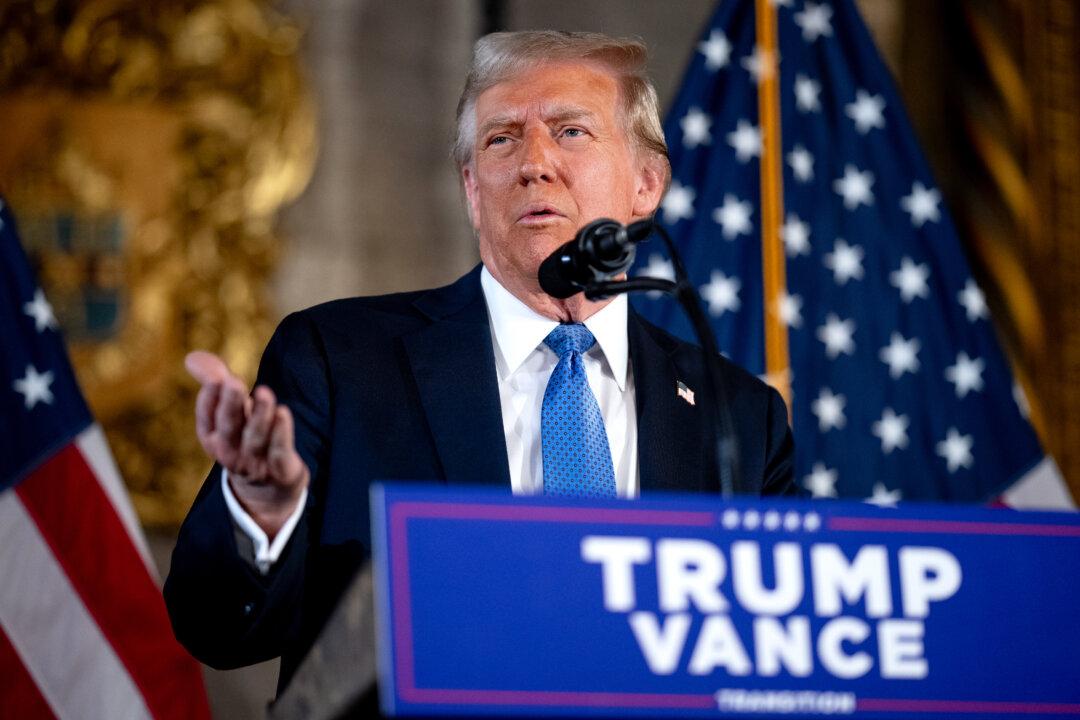President-elect Donald Trump said he will sue to block a Biden administration deal protecting hybrid work for thousands of federal workers for another five years.
Before stepping down last month, Social Security Administration (SSA) Commissioner Martin O’Malley inked the agreement with the American Federation of Government Employees (AFGE). The deal, first reported by Bloomberg, reportedly extends current levels of hybrid work for the union’s 42,000 SSA employee members through 2029.





